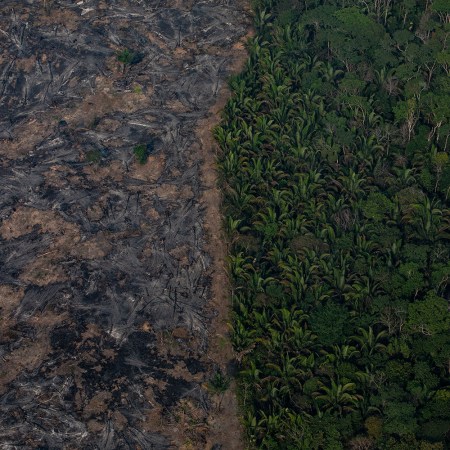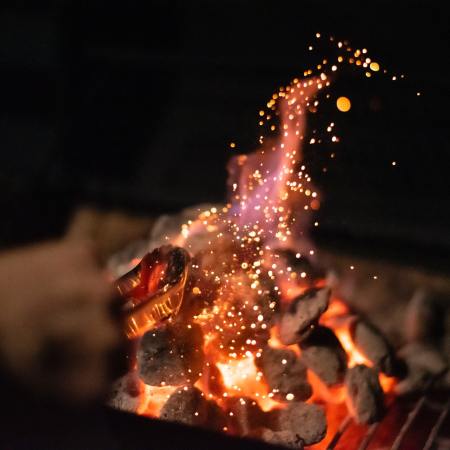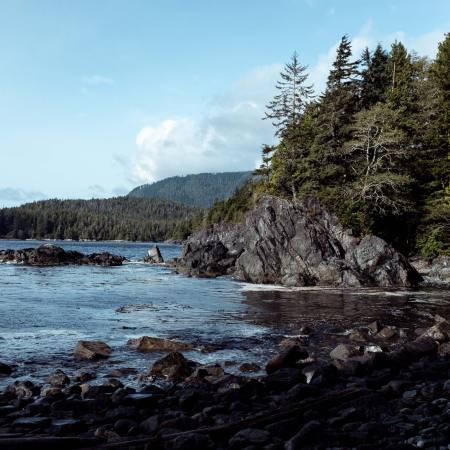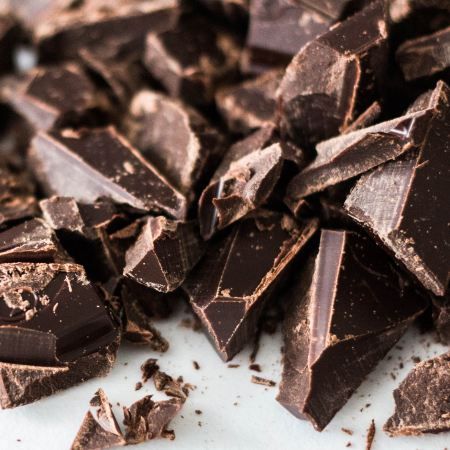The Amazon rainforest is one of the planet’s most beloved places, both for the diversity of its ecosystem and the way it’s historically helped absorb carbon from the atmosphere. If you felt your heart sink at the presence of the word “historically” in the previous sentence, you’re not alone — there’s been a growing alarm that the Amazon faces a host of existential threats, including some highly-documented wildfires.
Americans concerned about climate change can’t do much when it comes to stopping wildfires in the Amazon. But wildfires aren’t the only thing menacing the rainforest right now, and one of the other threats presently looming is more closely connected to food consumption in the United States.
Writing at The Wasshington Post, Terrence McCoy and Júlia Ledur explored the primary cause of Amazon deforestation — cattle ranching. And where is the beef that’s the end result of that ranching headed? Second on that list is the U.S. As McCoy and Ledur write, 320 million pounds of beef from Brazil traveled to the United States in 2021.
The article notes that both beef producers and local governments are nominally looking to halt the deforestation. At issue, however, is what could be termed a huge red flag. McCoy and Ledur write that, in Brazil, “no law specifically prohibits the purchase of cattle from illegally deforested land.” All of which makes the process of cracking down on illegal deforestation that much more difficult.
The whole article offers a chilling look at an industry which is contributing to climate change in a big way. That’s not hyperbole; last year, parts of the Amazon began to produce more carbon dioxide than it was absorbing. It’s not hard to see how things can get better from here.
Thanks for reading InsideHook. Sign up for our daily newsletter and be in the know.


















